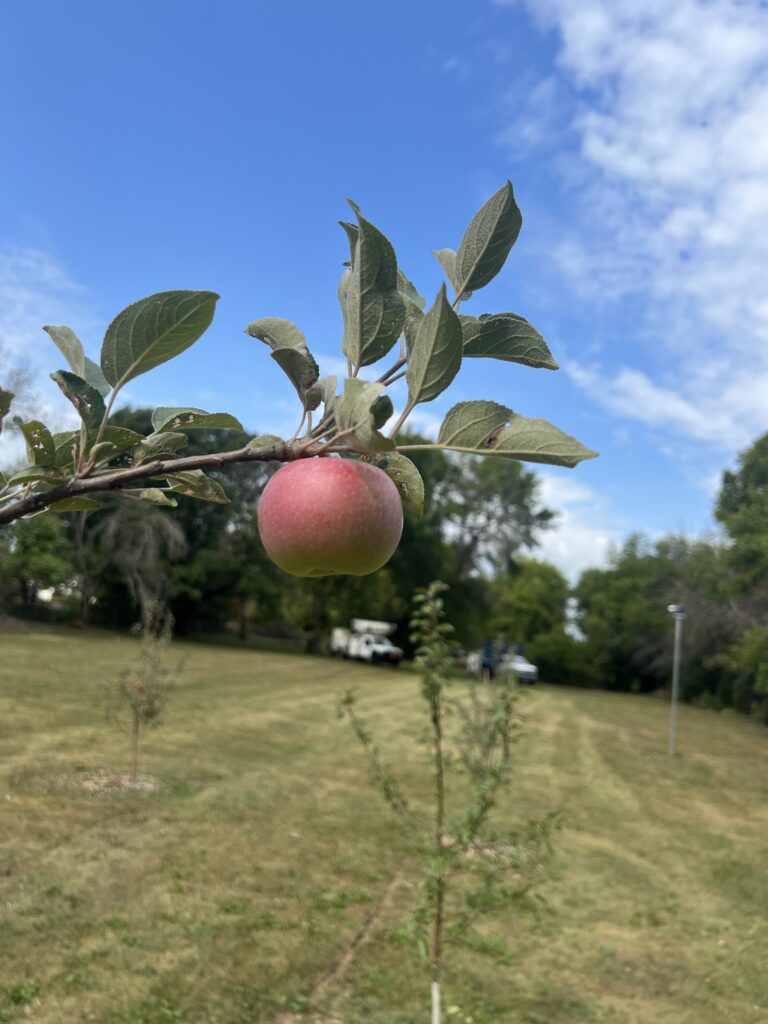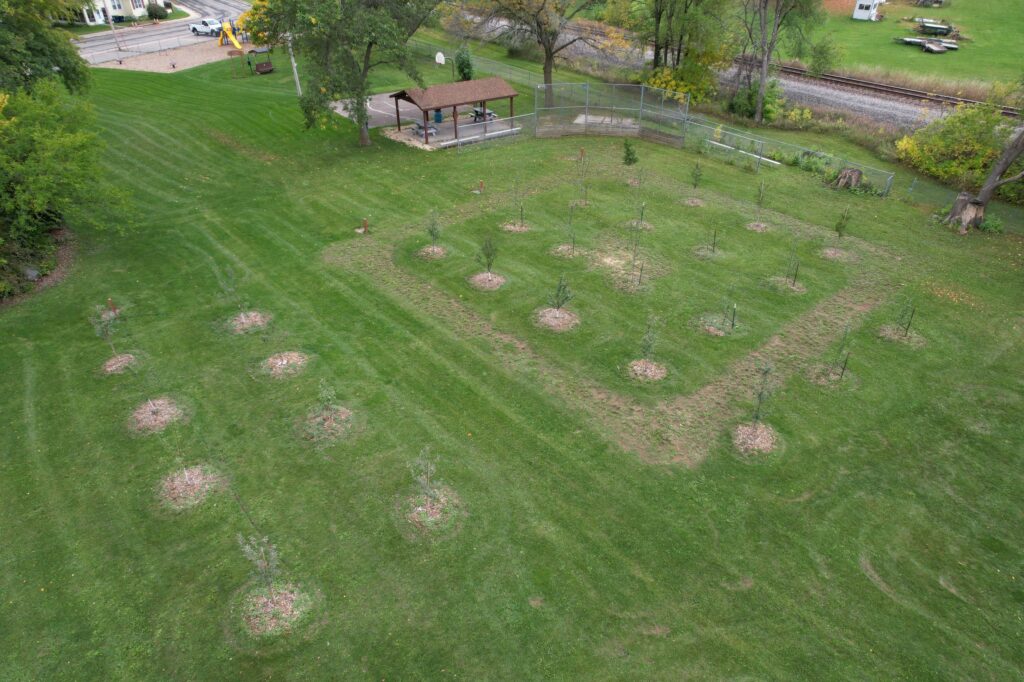By Randy Reeg, former City Administrator, Mauston
 The city of Mauston (Juneau County, Wisconsin) is a small rural city of just under 4,500 people, situated along the I-90/94 corridor in central Wisconsin. Despite having a highly successful local manufacturing economy, a regional medical center and being situated in heavily trafficked regional tourist destination area, Mauston and Juneau County both have lower than average incomes and high levels of poverty. The region is one of Wisconsin’s rural food deserts, and the local food pantry, the Community Sharing Pantry, plays a crucial role in fighting local hunger.
The city of Mauston (Juneau County, Wisconsin) is a small rural city of just under 4,500 people, situated along the I-90/94 corridor in central Wisconsin. Despite having a highly successful local manufacturing economy, a regional medical center and being situated in heavily trafficked regional tourist destination area, Mauston and Juneau County both have lower than average incomes and high levels of poverty. The region is one of Wisconsin’s rural food deserts, and the local food pantry, the Community Sharing Pantry, plays a crucial role in fighting local hunger.
The city of Mauston has seven public parks, and like in most other communities, the amenities, popularity and usage of each park differs greatly. Marachowsky’s Park is an approximately 2-acre mini park located on the city’s west side. It had historically contained a youth baseball field, a picnic shelter, playground equipment and public restrooms. Following the summer of 2019, Mauston’s Summer Recreation Director at the time advocated for the relocation of the youth baseball field to a different park for logistical purposes, including the muddy and mosquito-ridden conditions. The Parks & Recreation Board and City Council both agreed, and by summer of 2020, youth baseball was no longer an activity at Marachowsky’s Park.
This left a large, unutilized open area in the park. Due to the extreme popularity of Mauston’s dog park on the city’s east side, a second dog park was proposed, but the idea never gained sufficient traction. By fall 2020, the city removed one of the two play structures in the park due to its age and state of disrepair, and opted not to replace it due to the declining use of the park, further reducing the public draw. In spring 2021, the city permanently closed the public restrooms at the park due to an ongoing problem with vandalism. Marachowsky’s Park was on the verge of collapse as a public amenity, and was quickly gaining regard as a nuisance.
Then inspiration struck. In searching for ways to salvage the public function of the park, create something unique and fill a public need, Randy Reeg, the Mauston’s City Administrator at the time, brought an idea to the Parks & Recreation Board in August 2021. He posed the idea of a living food pantry: planting fruit-bearing perennials in the park and making the fruit available to the public. This idea differed from the community garden concept in that individuals wouldn’t rent spaces and grow their own food, but instead it would be something offered by and maintained by the city for its residents. The Parks & Recreation Board loved the idea, and by September 2021, Parks & Recreation Chair Mike Taake advocated to add the living food pantry as a Parks & Recreation project on the 5-year capital plan.

Mauston’s new living food pantry
The city of Mauston was lucky to have recently hired a new Parks, Forestry & Cemetery Superintendent, Jordan Wilke, who is also a certified arborist. His expertise would be needed to make the project successful, and by March 2022, he was in full planning mode. He and Reeg both cautioned the board to proceed slowly and incrementally and to develop the living food pantry over time. Wilke advocated to hold off and plant the first crop of fruit trees in the fall, and also warned that an irrigation system would be needed.
Wilke worked to acquire a small grant from Alliant Energy to offset the cost of trees, which allowed the typical budget for trees to be reallocated for irrigation equipment. In fall 2022, the first seven fruit trees were planted. In spring 2023, Alliant Energy again awarded a grant to the city of Mauston and an additional eighteen fruit trees were planted in the living food pantry on Arbor Day. Mauston’s living food pantry currently has a total of 25 fruit trees. Parks staff concurrently installed an underground drip irrigation system with future capacity for expansion to accommodate plans to add more trees and several species of berry bushes in the coming years.
While it will still be several years before the trees begin producing ample fruit to open the living food pantry up for public use, Mauston’s vision has been clear, has been executed and will definitely be fruitful (pun intended)! Stay tuned for future success stories.
